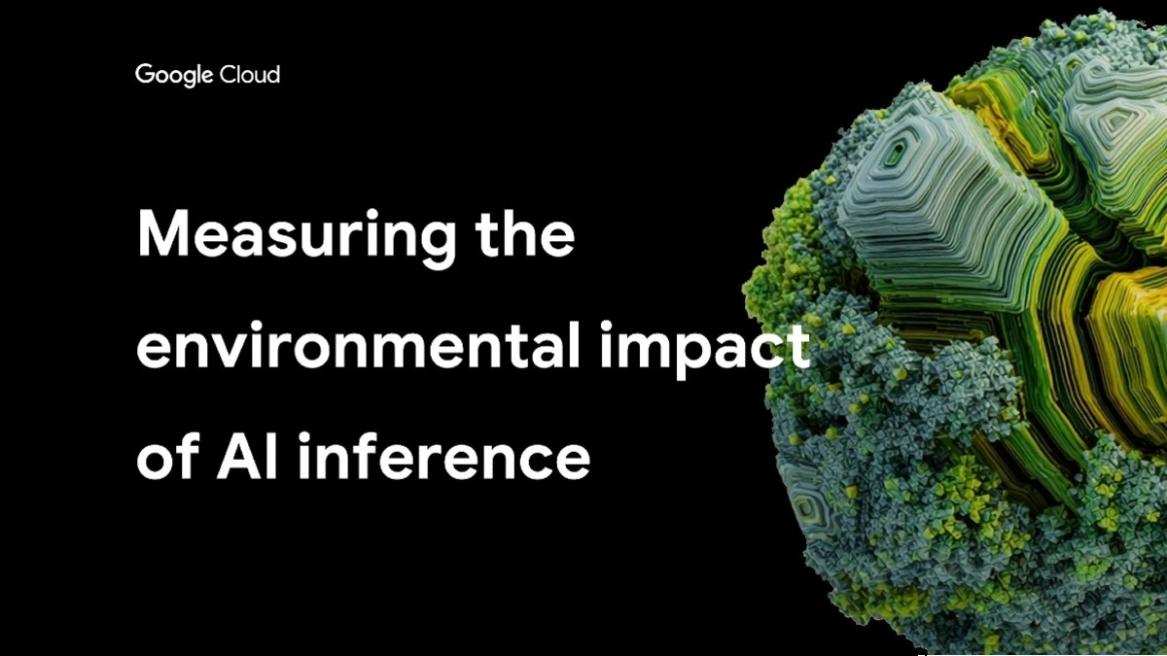
- In a technical paper, Google has revealed the energy bill of Gemini and its impact on the environment.
- Google says an average Gemini AI prompt consumes only the energy of 9 seconds of TV time and about 5 drops of water.
- In addition, each AI prompt emits 0.03 grams of carbon dioxide.
On Thursday, Google released a technical paper detailing the environmental impact of its Gemini AI chatbot. In the paper, Google says the median Gemini text prompt uses 0.24Wh of energy, which is equivalent to watching TV for less than 9 seconds. The paper also mentions that each AI prompt in Gemini consumes 0.26 milliliters of water (about five drops) and emits 0.03 grams of carbon dioxide.
Google goes on to say that the environmental impact is substantially lower than many public estimates. Moreover, according to the paper, “over a recent 12 month period, the energy and total carbon footprint of the median Gemini Apps text prompt dropped by 33x and 44x, respectively.“
Google’s chief scientist, Jeff Dean, shared a post on X, saying that AI efficiency was achieved “through a combination of model efficiency improvements, machine utilization improvements and additional clean energy procurement, all while delivering higher quality responses.“
Back in June, OpenAI CEO Sam Altman revealed ChatGPT’s energy bill and said that an average ChatGPT query uses about 0.34 watt-hours, closer to what “an oven would use in a little over one second, or a high-efficiency lightbulb would use in a couple of minutes.”
Altman further mentioned that a ChatGPT query uses “about 0.000085 gallons of water; roughly one fifteenth of a teaspoon.” He also noted that “the cost of intelligence should eventually converge to near the cost of electricity.“
While Google’s Gemini AI stack appears more efficient than ChatGPT and offers an optimistic picture, critics argue that AI’s environmental cost is far higher. Google has focused on the inference energy data, but training large-scale AI models on massive GPU clusters also consumes vastly more energy. Put simply, the debate over AI’s impact on the environment is far from settled.
